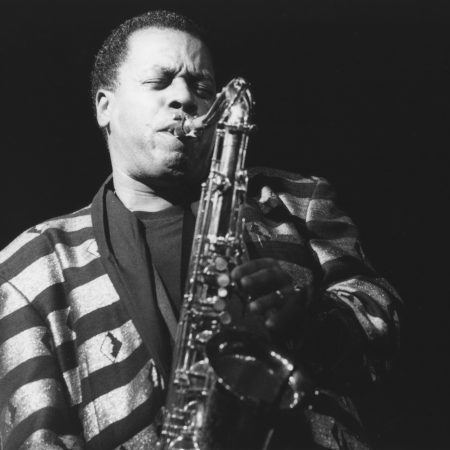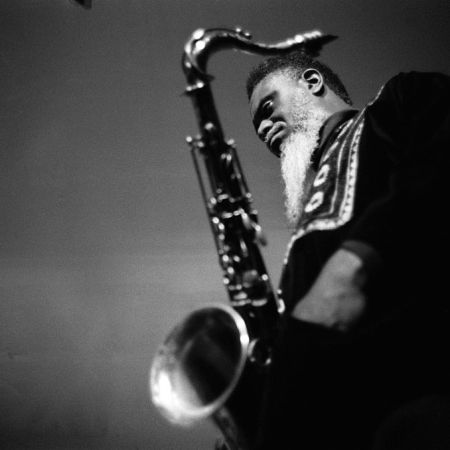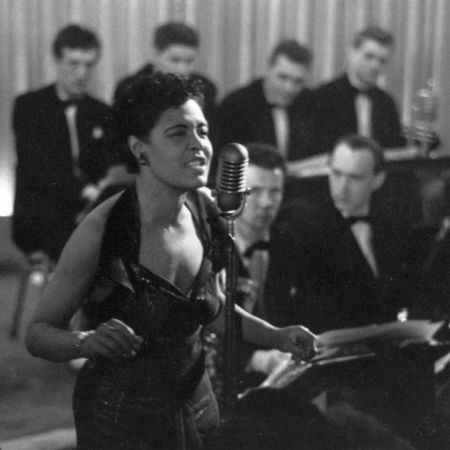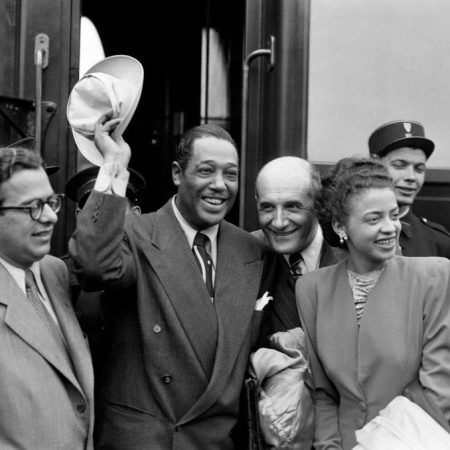On Friday afternoon, McCoy Tyner’s family announced the death of the legendary jazz pianist at the age of 81. As writer Hank Shteamer explained in his obituary of Tyner for Rolling Stone, Tyner was a constant presence for 60 years in the world of jazz, both as a bandleader in his own right and for his work as part of the John Coltrane Quartet in the 1960s.
A statement from the Tyner family: pic.twitter.com/uZH2wHKN67
— McCoy Tyner (@RealMcCoyTyner) March 6, 2020
“Few musicians have ever exerted as much influence as a sideman,” wrote Nate Chinen for NPR. “His crucial role in the group’s articulation of modal harmony, from the early 1960s on, will always stand as a defining achievement.” Tyner played with Coltrane from 1960 until 1965. After leaving Coltrane’s group, he worked both on his own and with a group of talented musicians over the years, ranging from Sonny Rollins to Bill Frisell.
Writing in Downbeat, Bill Milkowski wrote that “Tyner’s playing style, with its harmonic inventions, predilection for modal fourth voicings and signature emphatic left-hand attack on the low keys made him one of the most instantly identifiable and influential players in jazz.”
As Shteamer noted, Tyner’s work left its mark both inside and outside of jazz — with musicians including Derek Trucks of the Allman Brothers Band speaking of the influential role Tyner’s work had on his own playing. Tyner was honored as an NEA Jazz Master in 2002.
Many of the obituaries and tributes that have been written for Tyner have spoken of his enduring influence on his instrument. He left behind a staggeringly good discography and an even greater artistic lineage. Few musicians could be said to influence multiple generations; with Tyner, that was very much the case, and his influence is likely to be felt for years and decades to come.
Subscribe here for our free daily newsletter.
Thanks for reading InsideHook. Sign up for our daily newsletter and be in the know.


















